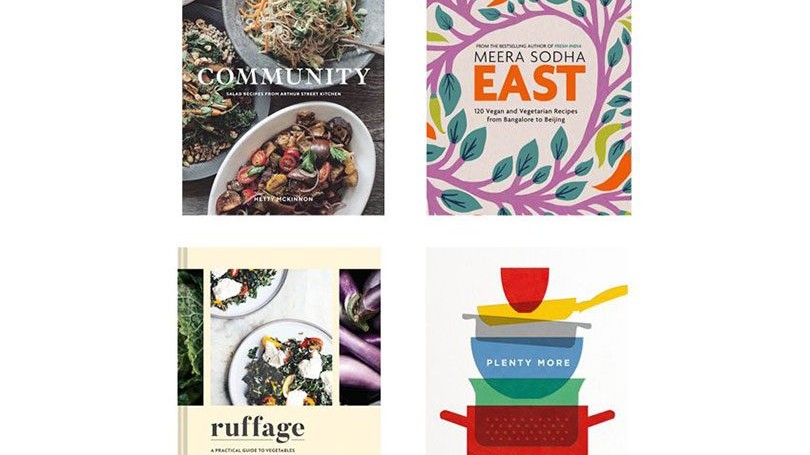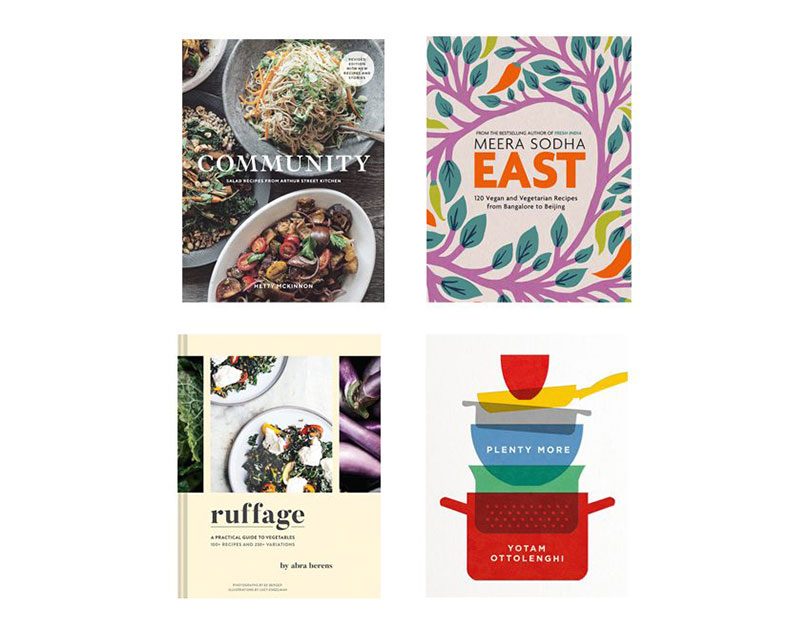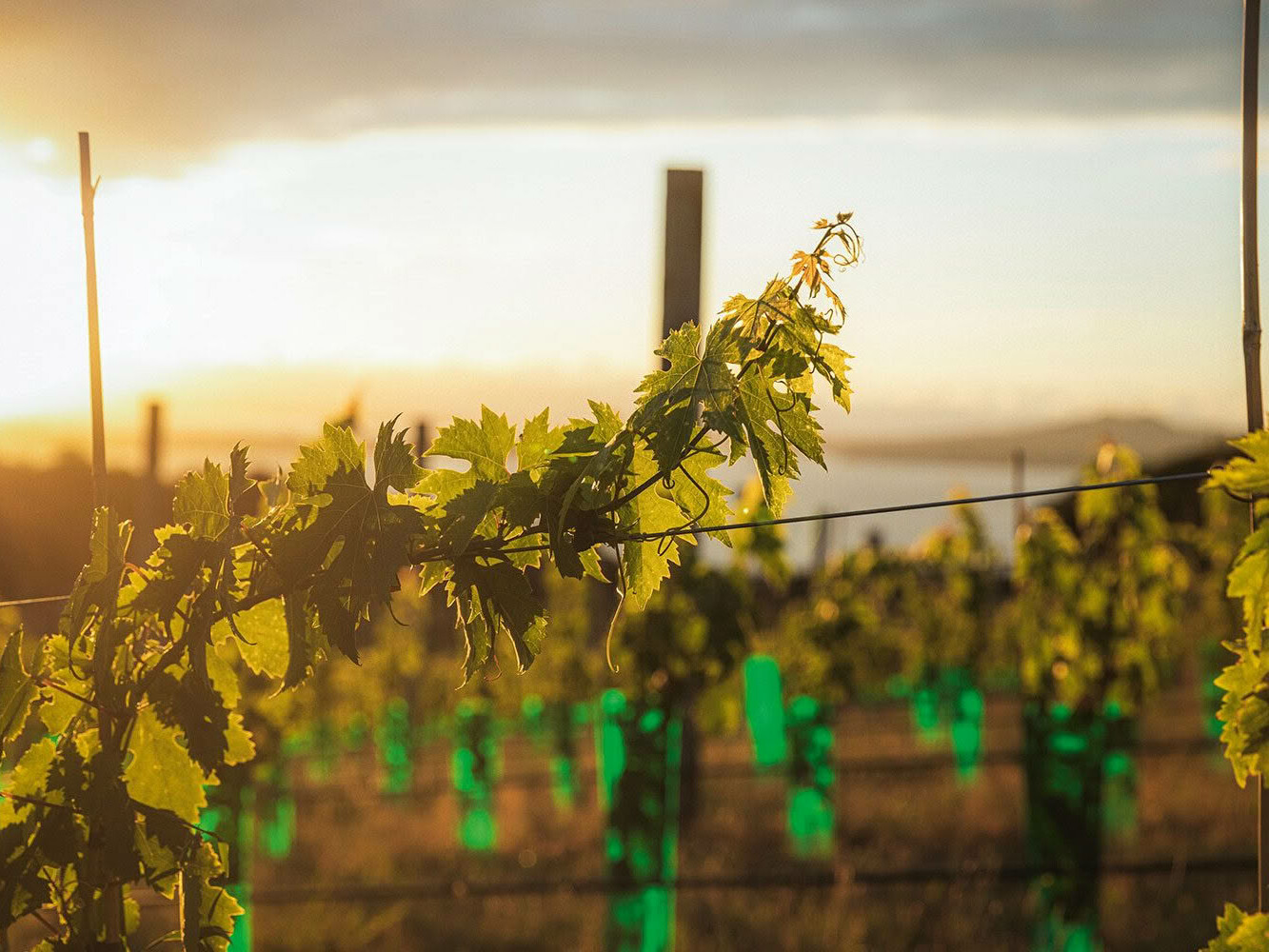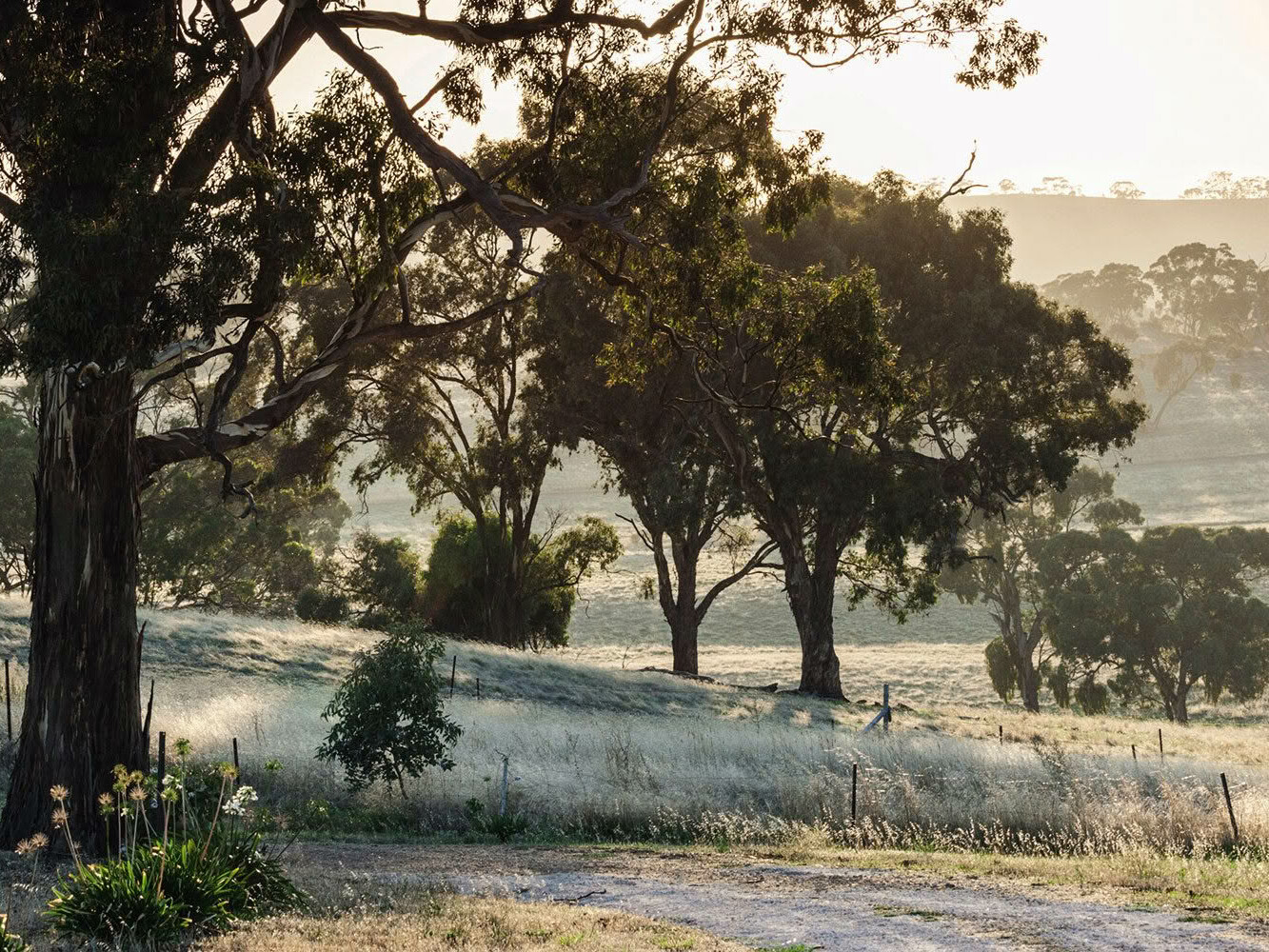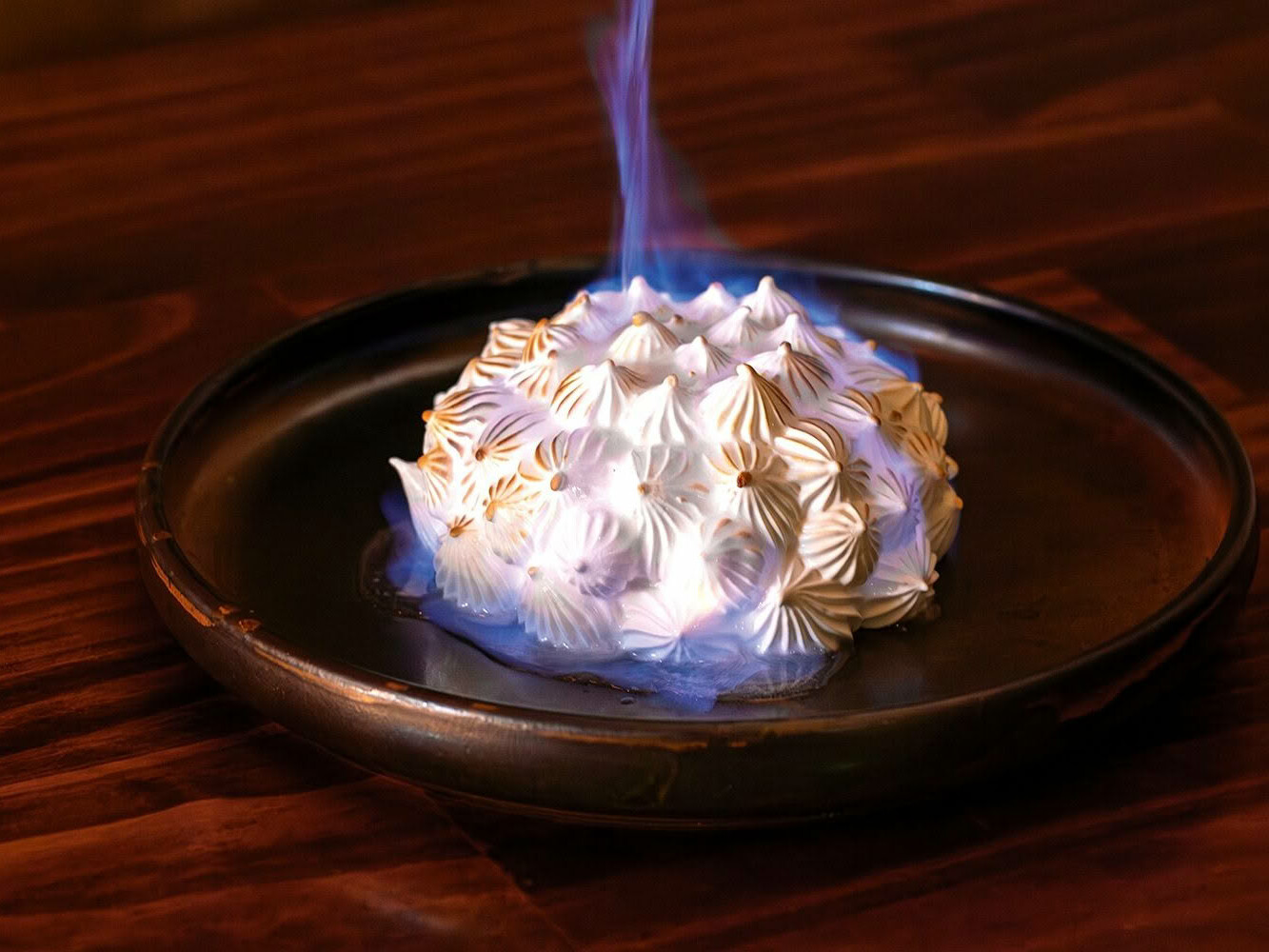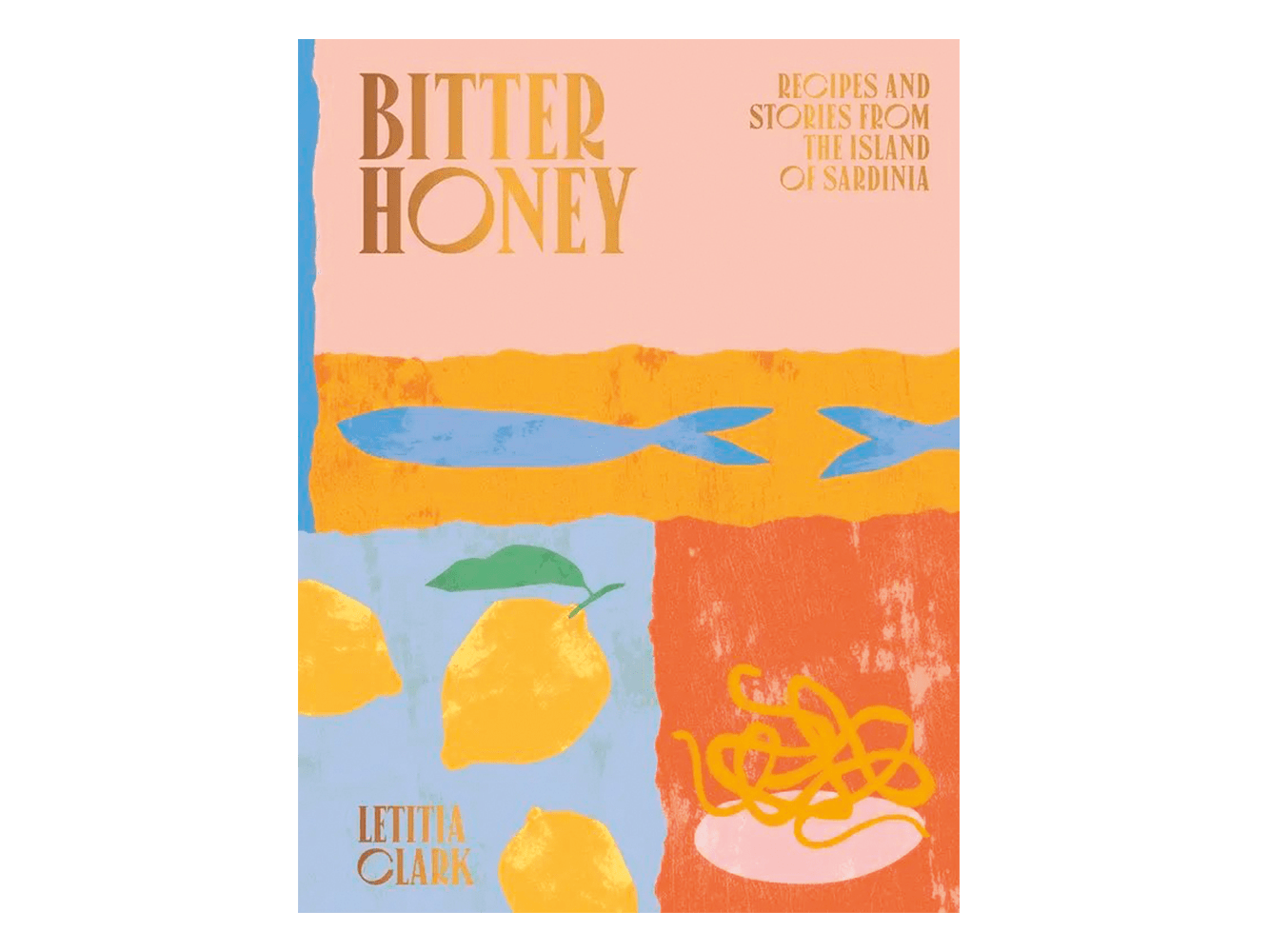Felicity O’Driscoll of Cook the Books shares her all-time favourite vegetable, vegetarian and vegan cookbooks. Find more at cookthebooks.co.nz or 19 Williamson Ave, Grey Lynn, Auckland.
 COMMUNITY
COMMUNITY
HETTY MCKINNON, PLUM, $45
Community is one of my all-time favourite cookbooks. It’s been a permanent fixture on my small kitchen book shelf since 2014. My copy looks the worse for wear with splattered pages and notes in the margin: true to Hetty’s own words, “the best cookbooks are usually the dirtiest.” Community is so much more than ‘salads as meals’, and the fact that it’s vegetarian is hardly relevant. It is flavour, texture and colour, an abundance of ingredients, a generosity of spirit and food made for sharing with the people you love.
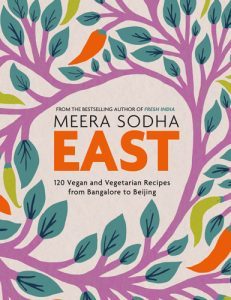 EAST
EAST
MEERA SODHA, PENGUIN FIG TREE, $50
A book of mainly vegan, though all plant-based, recipes written by a non-vegan could seem like a very bad idea. As a non-vegan Meera gets this. She understands that as more of us turn towards a plant-based diet, we are looking for recipes that celebrate what we are putting in, rather than try to replace something we’re taking out. In times when we can’t travel, East is a book I devoured last year during lockdown and haven’t stopped using since. Don’t miss the walnut miso, but double the recipe as it has so many uses.
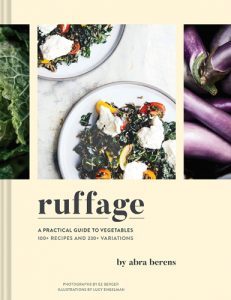 RUFFAGE
RUFFAGE
ABRA BERENS, CHRONICLE BOOKS, $69.99
A practical guide to vegetables, from asparagus to turnips, via leeks, radishes and fennel to name a few. To me the joy in this book is not just the main recipes, it’s all the side bites or variations on the theme. That staple vegetable, the carrot, comes alive when oven-roasted with spicy apricot jam, mint and almonds; take that same roasted carrot and serve with goat’s cheese, dill and garlic breadcrumbs. Ruffage is a master class in what’s in season, how to buy it, how to store it and how to eat it.
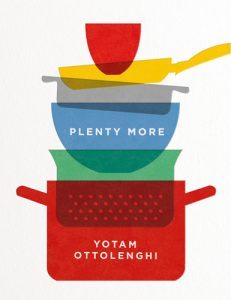 PLENTY MORE
PLENTY MORE
YOTAM OTTOLENGHI, EBURY PRESS, $70
Many people complain that the Ottolenghi books are too complex. To me it isn’t complexity, it is detail. While an ingredient list or description may seem long, the recipes themselves are relatively straightforward. In typical Ottolenghi style there is the unexpected yet perfect combination of seemingly improbable ingredients. In Plenty More each recipe is preceded by an introduction – where it comes from, who or what inspired it, the personality of the dish so to speak. To cook the recipe without reading these is a bit like a blind date – you don’t quite know what you’re looking for.

